Feeling sad? Have no energy to do anything? Lacking motivation? You’re not alone. As teenagers, we go through a lot. We all have homework, sports practices, and extracurriculars to keep up with. Plus, family and friends to appease. It’s a struggle to get the 8 hours of sleep we need each night. The winter blues, or seasonal affective disorder, can hit with bouts of depression, exhaustion, loneliness, negative thoughts, and more.
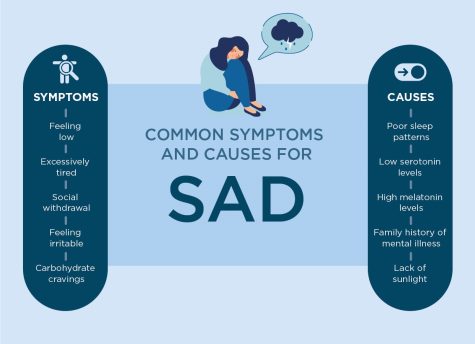
What is SAD?
The official definition of Seasonal Affective Disorder (SAD), according to Mayo Clinic, is a type of depression that’s related to changes in the seasons. Almost 3 million people yearly struggle with SAD. There are two types of this seasonal depression, fall-onset, and spring-onset, or winter and summer depression.
What are some symptoms of SAD?
Some symptoms of SAD could include social withdrawal, loneliness, depression, or fatigue. You could also show a lack of energy, difficulty concentrating, irritability, and more.
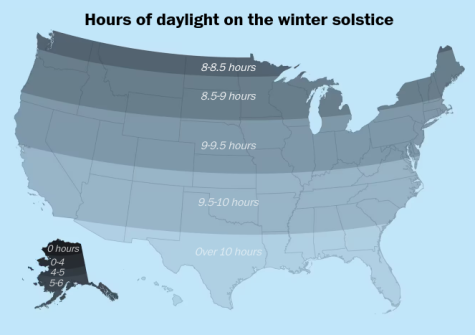
What causes SAD?
Most of the time SAD is caused by the change in the seasons. The loss of daylight during the winter causes a lack of vitamin D, which in turn causes a lack of natural melatonin, the sleep hormone; serotonin, the “happiness hormone,” or the hormone needed to regulate moods; and cortisol, the primary hormone. According to The Washington Post, this can make people more vulnerable to depression.
Diagnosing SAD
SAD is usually self-diagnosable, but if you think you may have it, it’s best to visit a doctor. It’s normal to feel a few of the symptoms sometimes, but if you have days on end that you feel down, and you’re unmotivated to do things you usually love, you should visit your healthcare provider.
Natural Treatment for SAD
A way to naturally treat SAD is a session at Pure Sweat + Float Studio in Grimes which has float therapy and infrared saunas to help regulate your mood and motivation during these tough months. You could also do light therapy, as well as talk therapy.
If you decide to go the medical route, your physician may prescribe you something like an antidepressant to help combat SAD.
If you think you have SAD, talk to someone about it, it’s easier to go through something when you have help from others.




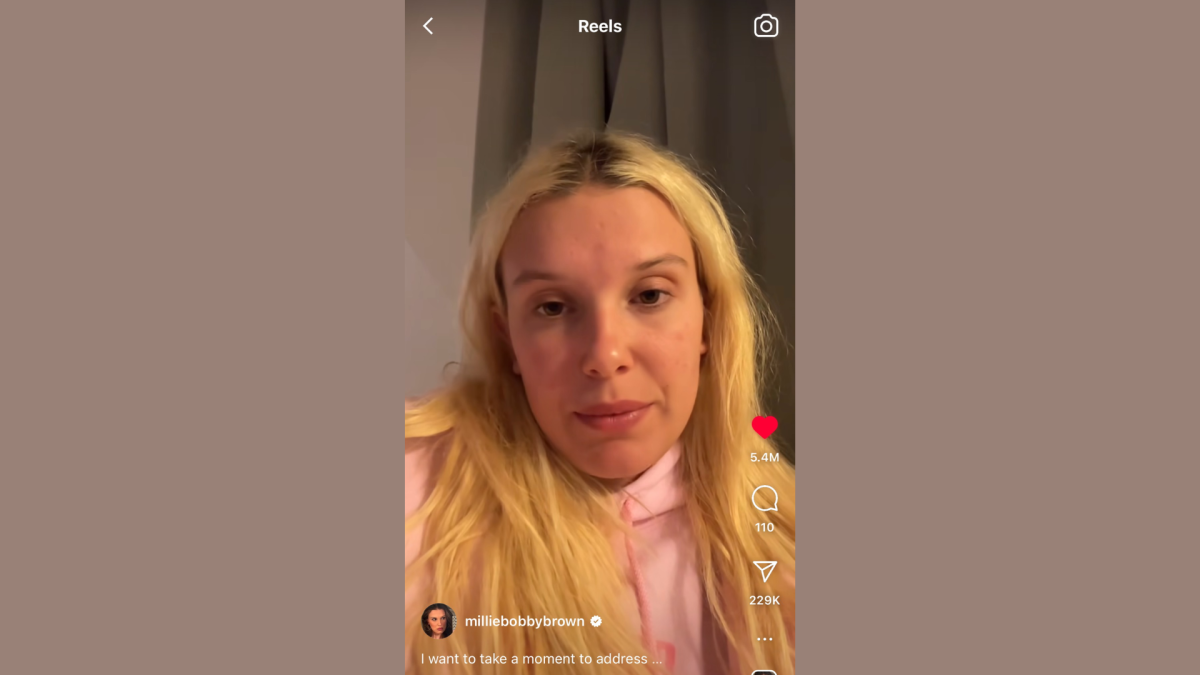

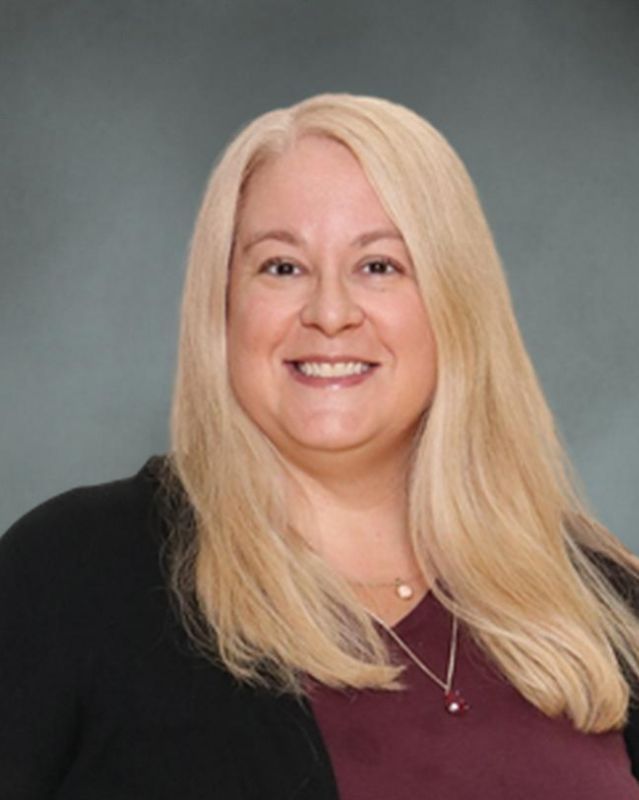


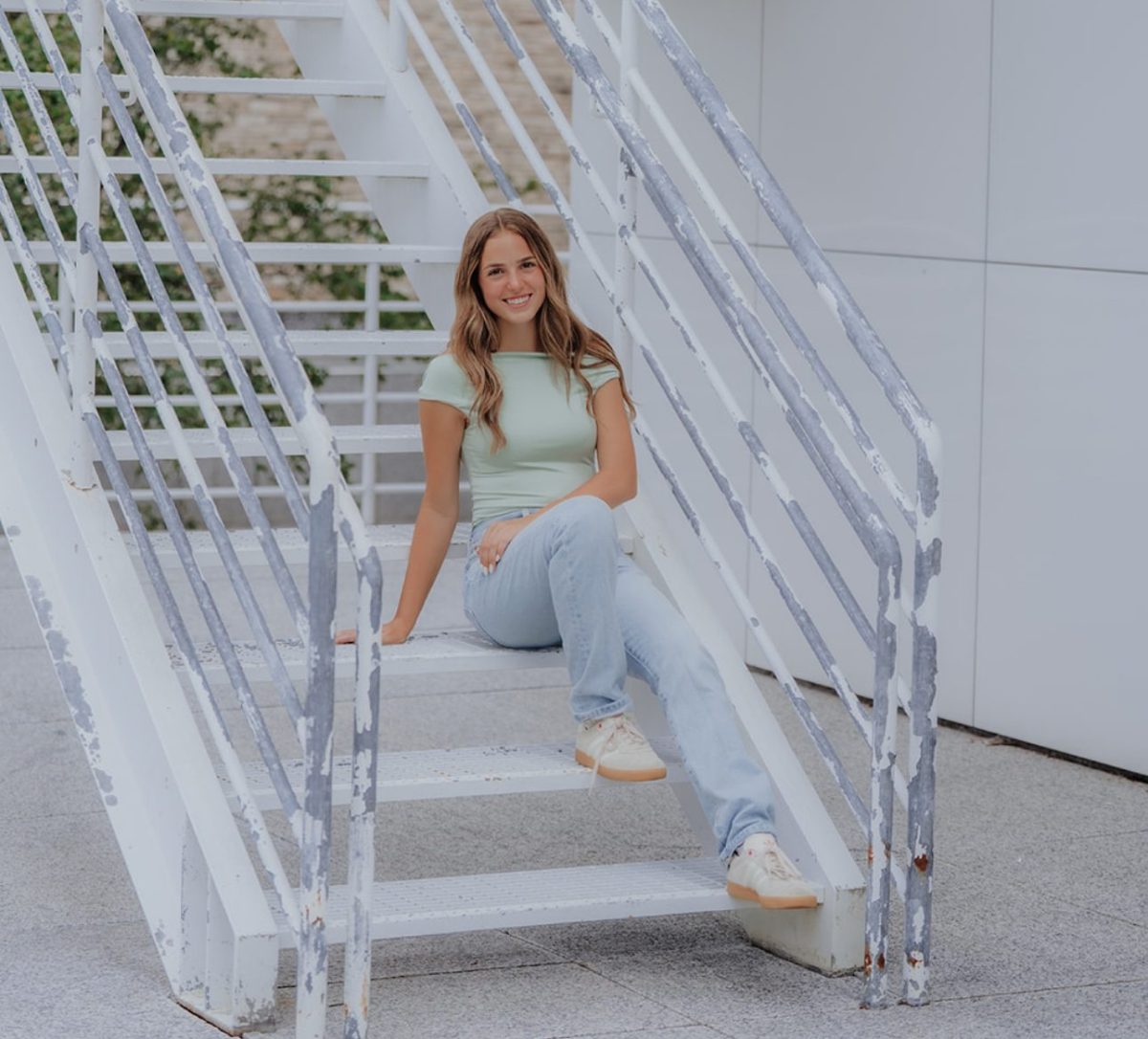









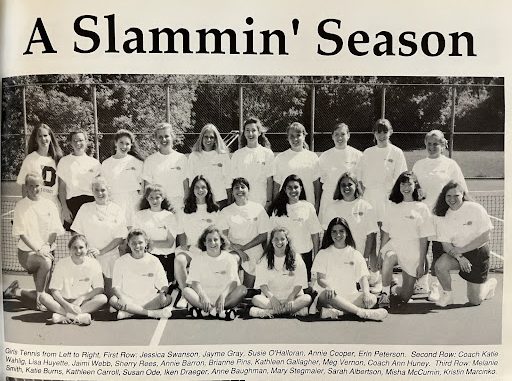



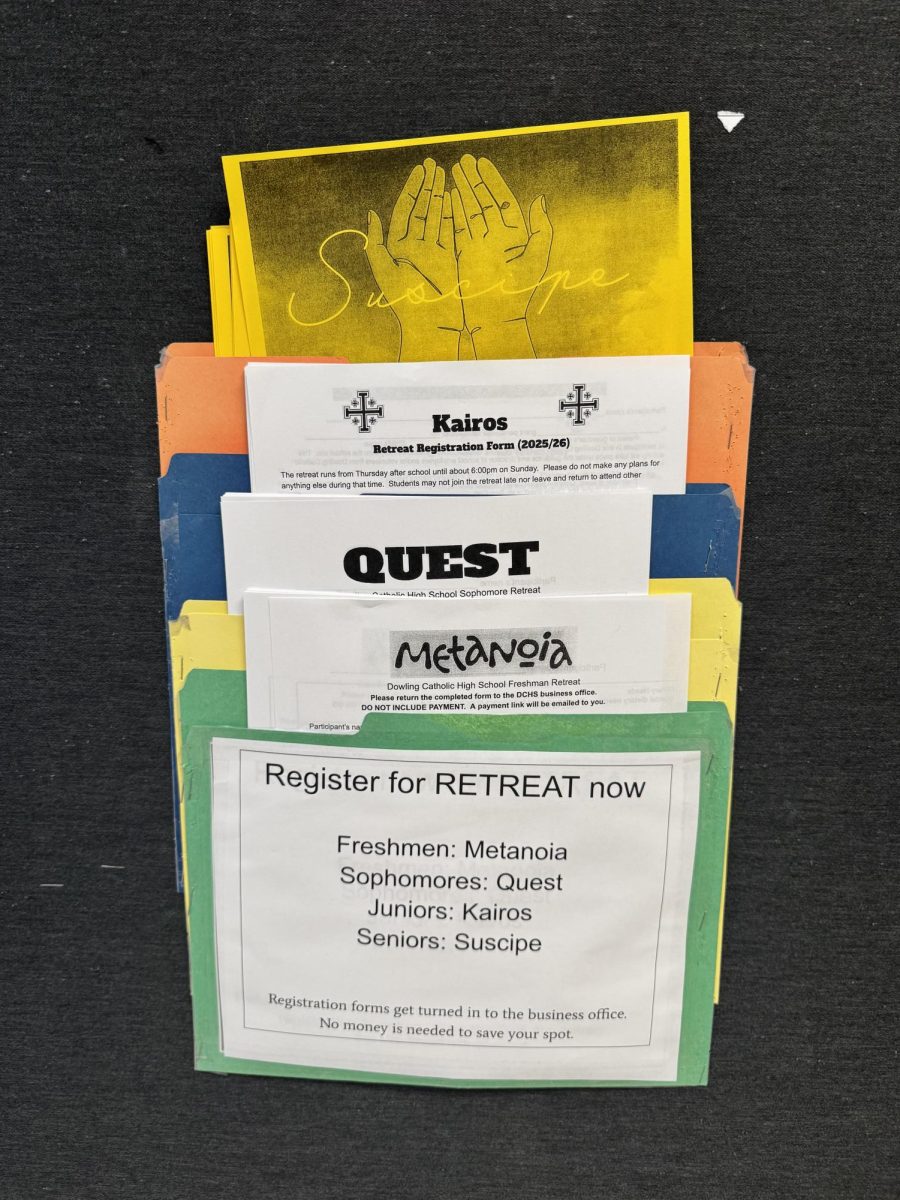

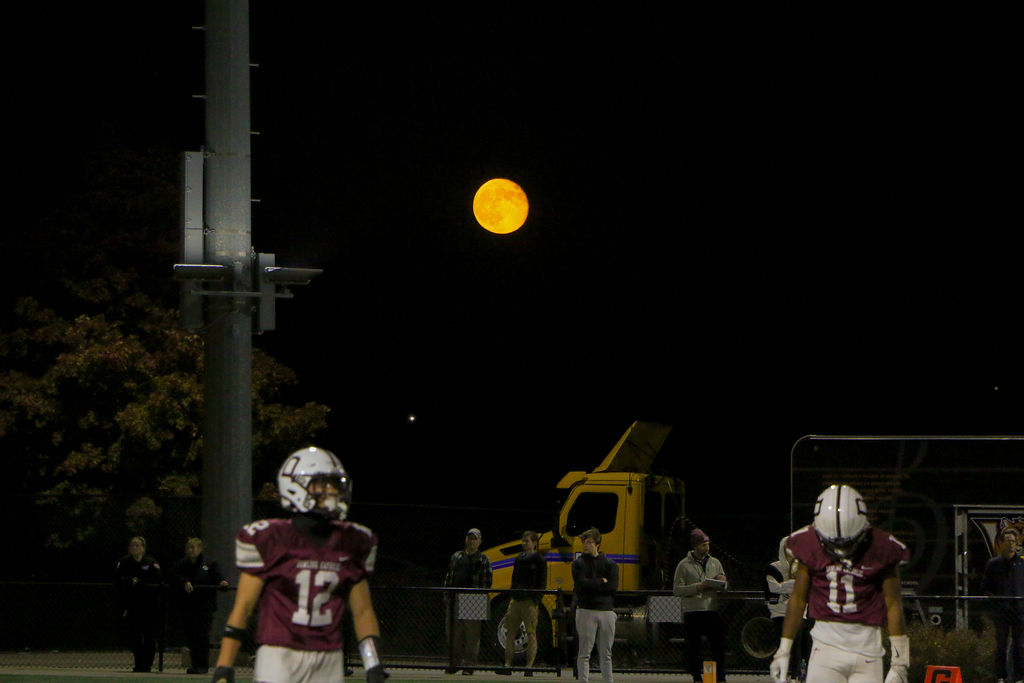






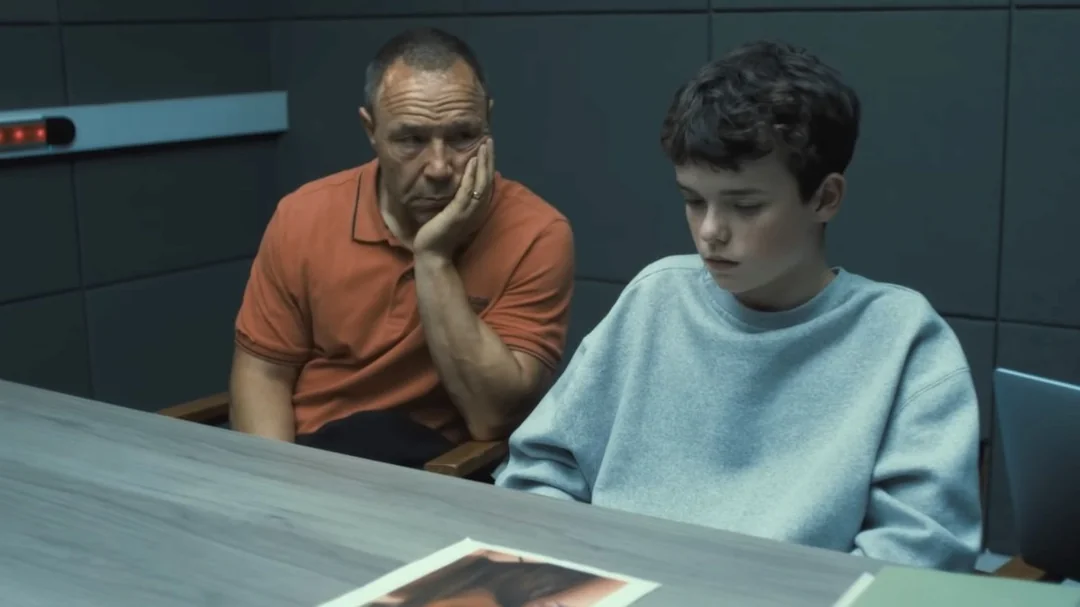





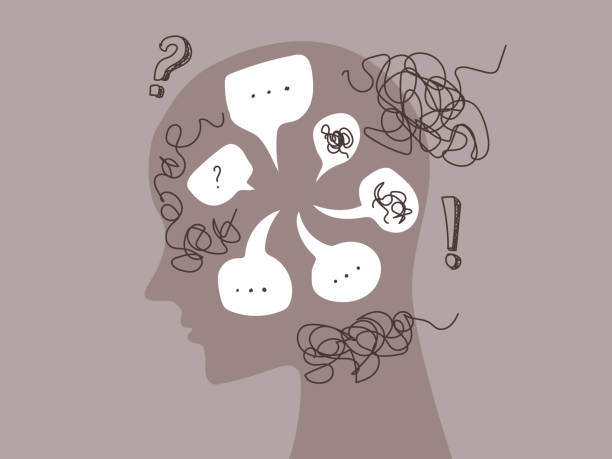




![Students all over Dowling Catholic High School participate in the college fair to get to know what college sounds interesting to them. [A. Langin]](https://dowlingcatholicpost.com/wp-content/uploads/2023/03/IMG-4887-900x675.jpg)
